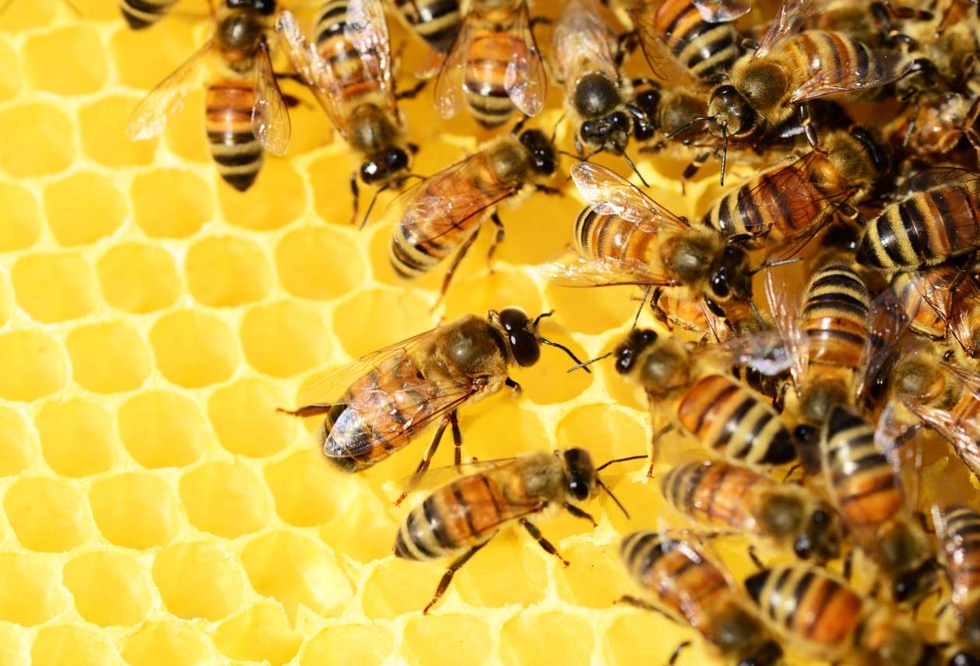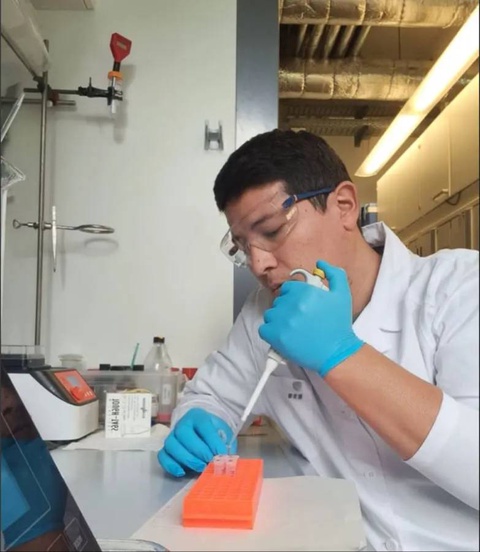Scientists have identified the unique anti-carcinogenic properties of melittin in the study of the venom of 312 honey bees and bumblebees from Perth (Western Australia), Ireland and England. After introducing this peptide to mice with breast cancer, the researchers found that it is extremely powerful - melittin is able to destroy the membranes of cancer cells in just 60 minutes.
Within 20 minutes after administration, melittin demonstrated the ability to suppress the chemical signals of cancer cells necessary for their growth and division.
The researchers also found that melittin in combination with small molecules or chemotherapeutic drugs such as docetaxel can be effective in treating aggressive forms of breast cancer.
Experiments on mice have shown that the combination of melittin and docetaxel significantly slows down tumor growth.












